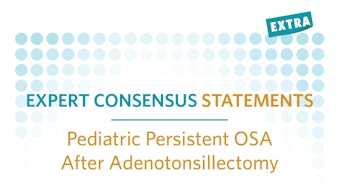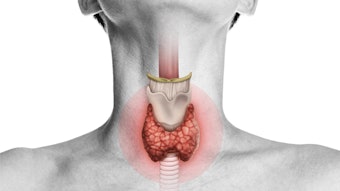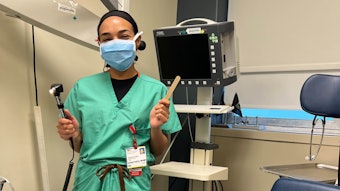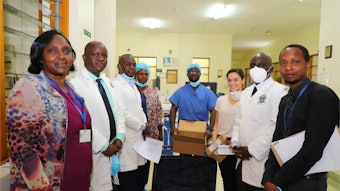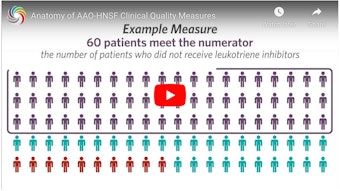Debunking the Myths about Use of Vasopressors in Head and Neck Microvascular Surgery
Once advised against, vasopressor use is now gaining favor during free tissue transfer surgery.
Hilary C. McCrary, MD, MPH, and Melina J. Windon, MD, Microvascular Committee members
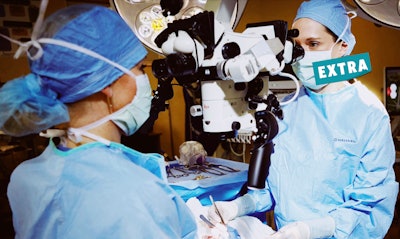
Importantly, the integration of Enhanced Recovery After Surgery (ERAS) protocols within microvascular head and neck reconstruction has provided further guidance on how to best optimize patients during the perioperative period. Some protocols have included parameters for vasopressor use, including significant hypotension and poor flap perfusion.6 A recent systematic review and meta-analysis demonstrated that ERAS protocols reduced length of stay, rate of wound complications, and risk of hospital readmission.7 Thus, optimizing perioperative medications and fluid management utilizing ERAS protocols may play an important role in preventing adverse outcomes in patients undergoing head and neck free tissue transfer.
While outcomes in head and neck microvascular reconstruction are impacted by several patient- and surgery-related factors, there is strong evidence that intraoperative use of vasopressors does not affect outcomes among patients undergoing free tissue transfer. Ultimately, optimizing the intraoperative hemodynamic status of the patient can safely be done with the judicious use of vasopressors. Moving toward the future, surgeons should advocate for the integration of ERAS protocols into the perioperative management of patients as a mechanism to further reduce morbidity among head and neck cancer patients, including parameters for vasopressor use.
References:
- Naik AN, Freeman T, Li MM, et al. The use of vasopressor agents in free tissue transfer for head and neck reconstruction: current trends and review of the literature. Front Pharmacol. 2020;11:1248.
- Goh C, Ng M, Song D, Ooi A. Perioperative vasopressor use in free flap surgery: a systematic review and meta-analysis. J Reconstr Microsurg. 2019 Sep;35(7): 529-540.
- Michelle L, Bitner BF, Pang JC, et al. Outcomes of perioperative vasopressor use for hemodynamic management of patients undergoing free flap surgery: A systematic review and meta-analysis. Head Neck. 2023; doi: 10.1002/hed.27289.
- Burkhard JP, Pfister J, Giger R, et al. Perioperative predictors of early surgical revision and flap-related complications after microvascular free tissue transfer in head and neck reconstructions: a retrospective observational series. Clin Oral Investig. 2021;25(9):5541-5550.
- Gardner JR, Gau V, Page P, et al. Association of continuous intraoperative vasopressor use with reoperation rates in head and neck free-flap reconstruction. JAMA Otolaryngol Head Neck Surg. 2021;147(12):1059-1064.
- Bertelsen C, Hur K, Nurmiba M, et al. Enhanced recovery after surgery-based perioperative protocol for head and neck free flap reconstruction. OTO Open. 2020 Jun 2;4(2):2473974X20931037.
- Chorath K, Go B, Shinn JR, et al. Enhanced recovery after surgery for head and neck free flap reconstruction: a systematic review and meta-analysis. Oral Oncol. 2021;113:105117.



